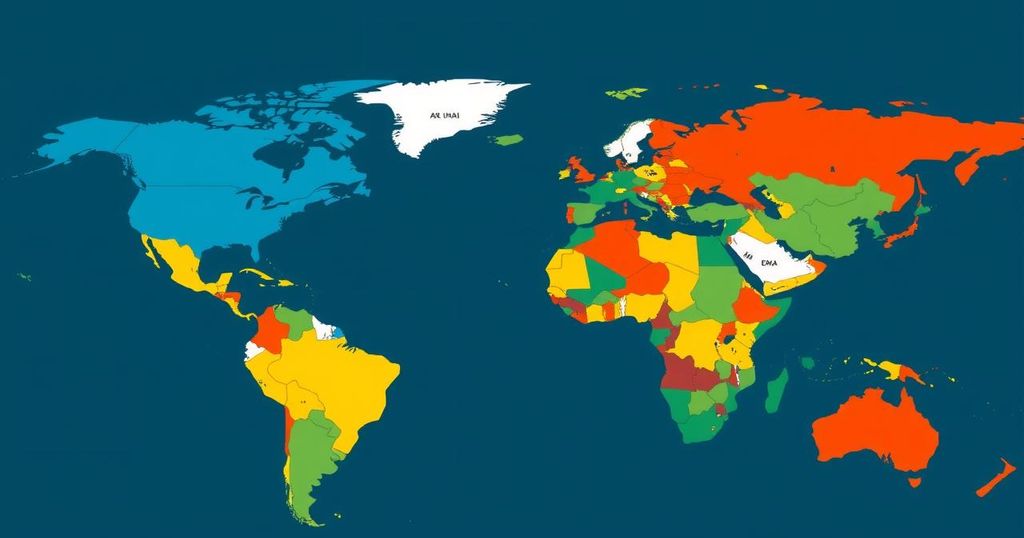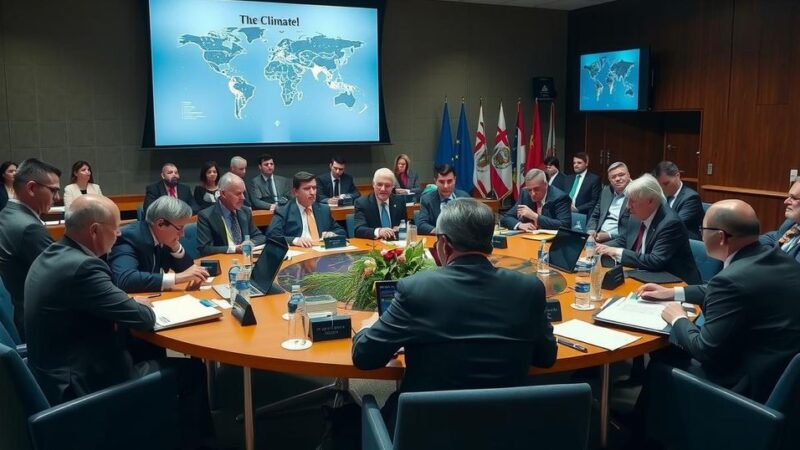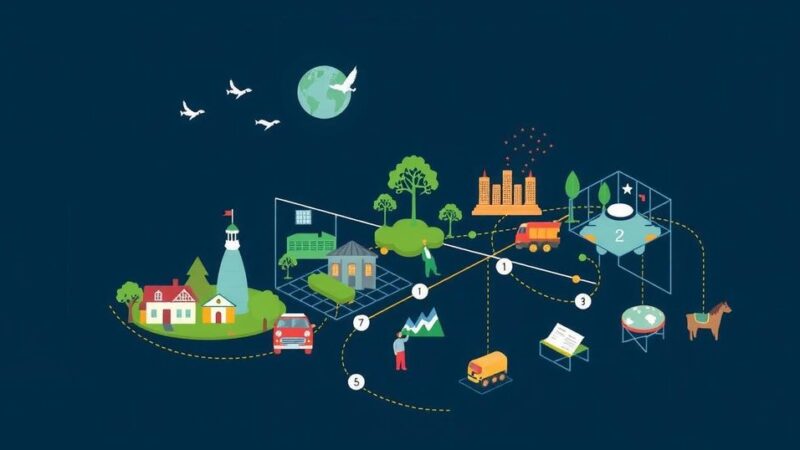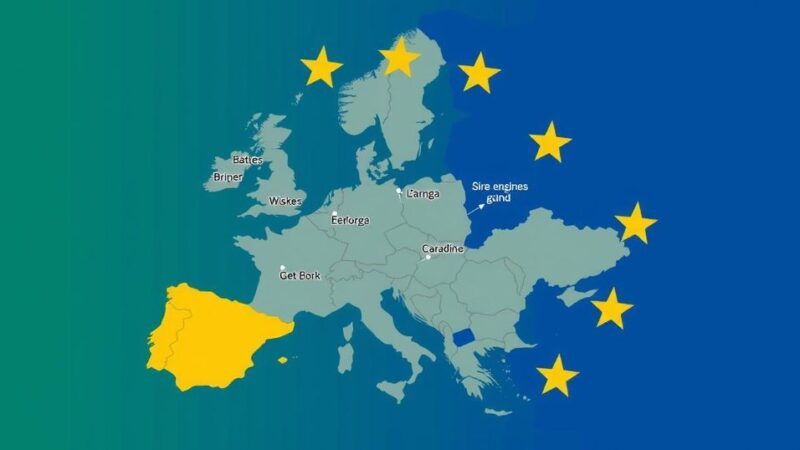Cyclone Freddy’s devastation has led to the implementation of loss and damage compensation funding for affected communities in Malawi. This funding mechanism, primarily backed by wealthier nations, aims to assist low-income countries facing severe climatic challenges. The initial pledge of $720 million may fall short of meeting the escalating needs as climate disasters become more frequent and intense, prompting ongoing negotiations at the COP29 climate summit for further financial commitments.
In the wake of Cyclone Freddy’s devastating impact in Malawi, which displaced numerous families and destroyed homes, discussions around compensatory funding for climate-related disasters are gaining traction. Christopher Bingala, a subsistence farmer who lost everything due to the cyclone, received approximately $750 through a groundbreaking loss and damage compensation initiative. This funding aims to support vulnerable communities in developing nations that disproportionately suffer from climate change despite contributing minimally to global emissions.
The compensation mechanism is part of a broader agreement by wealthier nations to assist lower-income countries with losses incurred from climate disasters. So far, around $720 million has been pledged, primarily from countries such as the European Union, the United States, and the United Arab Emirates, though experts caution that this amount may be insufficient given the escalating frequency and intensity of natural disasters.
During the ongoing COP29 climate summit in Baku, Azerbaijan, negotiations are centered on determining appropriate compensation amounts for developing nations as part of a larger climate finance framework that encompasses loans and investments. Prime Minister Philip Davis of the Commonwealth of the Bahamas emphasized the need for accountability from wealthier nations whose economies are largely fueled by greenhouse gas emissions, stating: “We just hope that the global north… take up their responsibility to look at what they’re causing us.”
Bingala’s recovery journey illustrates the pressing need for such funding. After Cyclone Freddy, he was temporarily housed in a refuge but faced food shortages. The cash payment he received enabled him to rebuild his home and stabilize his family’s living conditions, with aspirations for his children to resume their education and for his livestock to be replenished. His sentiment reflects a significant sentiment shared by many benefited families, as he expressed relief that they now inhabit a safer, less prone area to flooding.
The funding model being piloted in Malawi represents a progressive step toward creating a systemic approach to loss and damages. Initiated by the Scottish government, it provides unconditional cash payments to affected households, allowing beneficiaries to apply the funds in a manner best suited to their recovery needs. As Yolande Wright from GiveDirectly remarked, low-income families in developing nations often lack adequate protection against extreme climate events.
The increasing severity of climate-related disasters reflects a growing necessity for comprehensive loss and damage funding solutions. With countries grappling with debt magnified by climate impacts, such as the national debt strain faced by the Bahamas post-Hurricane Dorian, the allocation of compensation funds becomes increasingly urgent. Experts predict that the demand for loss and damage funding could escalate to as much as $250 billion per year by 2030, compelling nations to act decisively. As Davis noted, neglecting to address this crisis poses risks that will inevitably affect wealthier nations as well.
In summary, the establishment of loss and damage compensation not only aids communities ravaged by climate events but also recognizes and addresses the inequities of climate responsibility. Through sustained international collaboration and commitment, the aim is to create effective financial mechanisms that enable vulnerable countries to recover and build resilience against future environmental challenges.
The article highlights the critical need for compensation mechanisms for countries that are disproportionately affected by climate change, despite their minimal contributions to greenhouse gas emissions. Low-income countries, such as Malawi, face severe weather events that threaten livelihoods, prompting wealthier nations to discuss and establish financial support systems. The loss and damage compensation initiative is a response to the growing realization that climate change impacts require a financial framework that adequately addresses the disparities between developed and developing nations. With heightened climate hazards expected, this financial support is not only crucial for recovery but also essential for long-term resilience against future disasters.
The ongoing dialogue surrounding loss and damage compensation funding emphasizes the urgency for wealthier nations to fulfill their obligations to assist developing countries grappling with the repercussions of climate change. The initial payments to families in Malawi serve as a model for broader systemic support that addresses inequities in climate responsibility. While the pledged amount is a significant start, experts warn that increased contributions and comprehensive strategies are necessary to meet the anticipated demand for climate-related financial assistance that could reach hundreds of billions by the end of the decade.
Original Source: www.wypr.org






